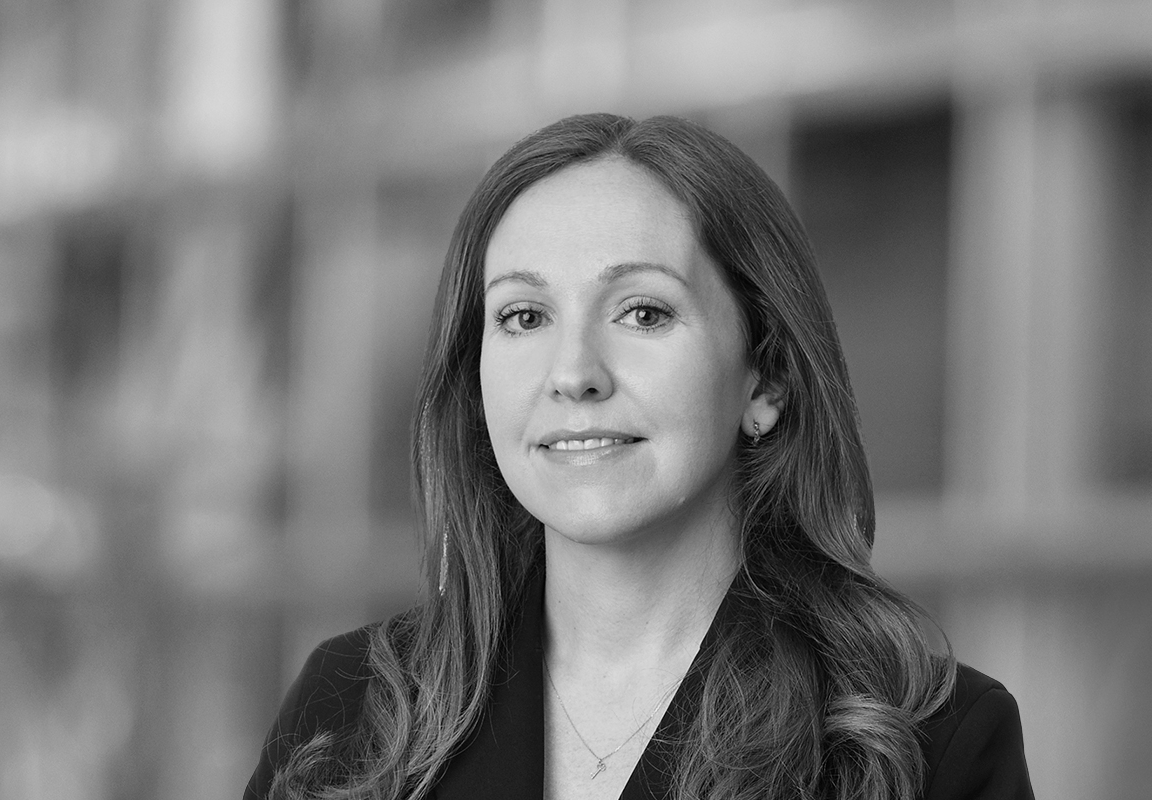
On 11 November 2021, the Fédération Internationale des Ingénieurs-Conseils1 ("FIDIC") launched its first FIDIC Climate Change Charter (the "Climate Change Charter"),2 a transformative call to action for the global engineering community to decarbonise in support of the climate change goals agreed at the United Nations Climate Change Conference 2021 ("COP26").3 The Climate Change Charter recognises the key strategic role that engineering industry stakeholders have, both collectively and individually, in ensuring the world tackles climate change and achieves net zero by 2050.4
Key Provisions of the Climate Change Charter
The Climate Change Charter provides guidance on commitments and responsibilities that can be taken by FIDIC member associations, project teams, companies and individual professional engineers, as well as FIDIC itself,5 and sets out how each of the key industry stakeholders can address climate mitigation, adaptation and resilience of the built environment. Through the Climate Change Charter, FIDIC specifically seeks to:
(1) reduce emissions relating to member operations across the industry;
(2) reduce embedded and operational carbon emissions in building and infrastructure projects on which members consult, design and deliver; and
(3) support climate change adaptation through mitigation and design of disaster or event resilience infrastructure.6
FIDIC states that this can be achieved by FIDIC itself and the various stakeholders:
(4) through influence and advocacy, including, amongst other things, continuing to advocate for the United Nations Sustainable Development Goals7 and climate change mitigation and encouraging and supporting consulting engineers to adopt best practices;8
(5) by addressing buildings, infrastructure and industrial facilities, including tasking FIDIC's Sustainable Development Committee with developing dedicated climate action and carbon reduction guidance and resources for governments, clients and financial institutions;9 and
(6) through operations, facilities and activities, including: (a) by adopting a science-based approach to reducing carbon and other greenhouse gas emissions in line with the guidance from the Greenhouse Gas Protocol,10 working towards a net zero/1.5 degrees centigrade of warming trajectory; (b) by developing a climate action plan to cover clean energy and decarbonisation across its operations, facilities and activities; and (c) annual reporting on implementing a climate action plan, including details of emissions reductions from 2023.11
In addition, the Climate Change Charter includes specific proposed actions and objectives unique to each of the key stakeholder groups, such as the FIDIC member associations, project teams and schemes, companies and individual professional engineers.
Comment
The United Nations Office For Project Services ("UNOP") estimates that the infrastructure industry is responsible for 79 per cent of greenhouse gas emissions worldwide, with such emissions originating from the various stages of the lifecycle of a project.12 Tackling emissions will depend upon in-depth industry knowledge of the systems that are to be provided and the context in which they will operate. FIDIC's role as a global representative body, representing over one million engineering professionals and 40,000 firms worldwide,13 puts FIDIC in a unique position to influence the key stakeholders in the engineering industry to consciously and collectively use their knowledge and expertise to mitigate and eliminate their impact on the planet.
What the Climate Change Charter seeks to achieve is bold and ambitious and the alignment of climate change commitments and goals for the global engineering industry is a welcome development. The Climate Change Charter adopts a segmented approach and rightly recognises that each of the key industry stakeholders has a different role to play in delivering on climate change commitments. For instance, engineering and consulting companies are encouraged to develop and promulgate policies and corporate objectives that promote a climate responsible approach to business and projects,14 whilst individual professional engineers are encouraged to audit personal behaviours and thinking on climate change and to work to integrate climate considerations into project processes, services and solutions.15 In practice, however, it is nevertheless anticipated that there may be some disparity across the industry vis-à-vis how the Climate Change Charter will be valued and interpreted by the various industry stakeholders and how the Climate Change Charter will be received in different cultural contexts around the world.
1 The International Federation of Consulting Engineers.
2 FIDIC Press Release, dated 10 November 2021, 'Transformative climate change charter launched for global infrastructure sector', https://fidic.org/node/34378.
3 The United Nations Climate Change Conference 2021, COP26 Goals, https://ukcop26.org/cop26-goals/.
4 FIDIC Press Release, dated 10 November 2021, 'Transformative climate change charter launched for global infrastructure sector', https://fidic.org/node/34378.
5 Climate Change Charter, p. 10.
6 Climate Change Charter, item 2.1, 2.2 and 2.3, p. 7.
7 The United Nations Department of Economic and Social Affairs, Sustainable Development, 'The 17 Goals' https://sdgs.un.org/goals.
8 Climate Change Charter, p. 11.
9 Climate Change Charter, p. 12.
10 The Greenhouse Gas Protocol establishes comprehensive global, standardised frameworks to measure and manage greenhouse gas emissions from private and public sector operations, value chains and mitigation actions. https://ghgprotocol.org/about-us.
11 In line with FIDIC's science based approach and aspiring towards The International Standard ISO 14064-1, Second Edition 2018, 'Greenhouse Gases', https://www.sis.se/api/document/preview/80008815/. See Climate Change Charter, p. 13.
12 United Nations Office For Project Services (UNOP) report ‘Infrastructure for Climate Action’ (2021), p. 12.
13 FIDIC Website, "About us" https://fidic.org/about-us.
14 Climate Change Charter, pp. 16 and 17.
15 Climate Change Charter, p. 18.
Demi Adeyemi (White & Case, Trainee Solicitor, London) contributed to the development of this publication.
White & Case means the international legal practice comprising White & Case LLP, a New York State registered limited liability partnership, White & Case LLP, a limited liability partnership incorporated under English law and all other affiliated partnerships, companies and entities.
This article is prepared for the general information of interested persons. It is not, and does not attempt to be, comprehensive in nature. Due to the general nature of its content, it should not be regarded as legal advice.
© 2021 White & Case LLP


